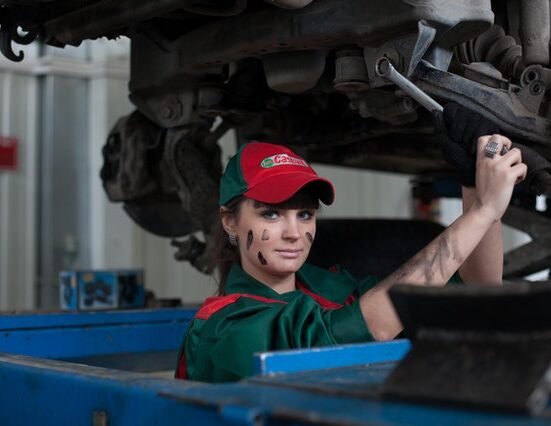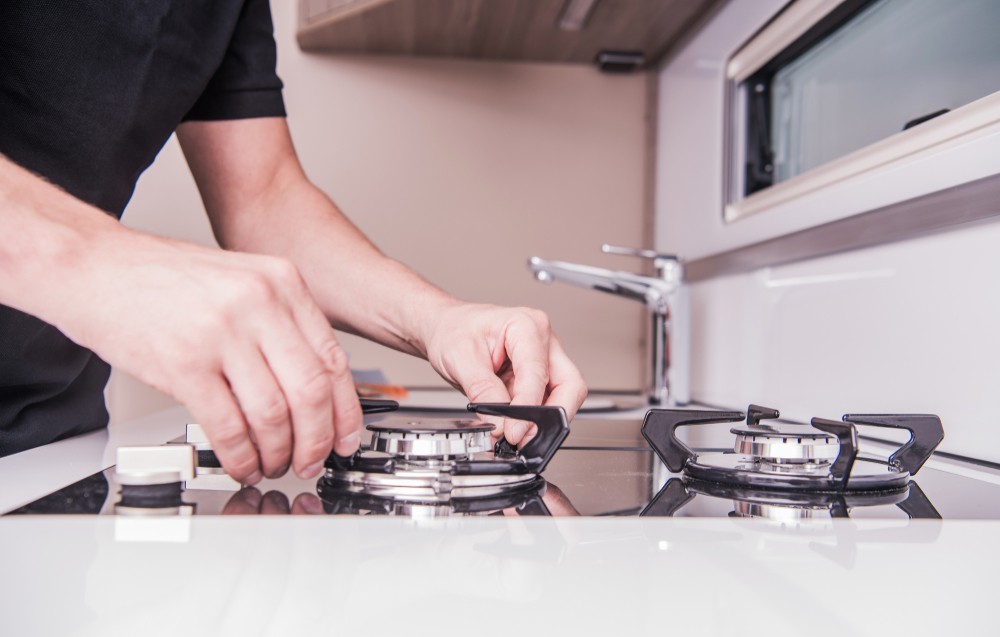Your home is not safe if your gas appliances are not in working condition. A faulty gas appliance can result in a dreadful explosion. In this article, learn the basic signs of the gas leak and how to prevent it, but first, let’s look at why gas safety is important:
Table of Contents
Why Gas Safety?
A study conducted by the Gas Safe Register in the UK concludes that almost 33 percent of British citizens do not know what the basic signs of a faulty gas appliance are.
Every year, the gas safety week is organized from 17th till 23rd of September. The aim of this week, organized by the Gas Safe Register, is to make people aware of how to indicate a faulty gas appliance and how dangerous it could be?
Another study reveals that one in six adults in Britain admits that they take zero interest in making sure that their home’s gas appliances are safe or not? Only 47 percent of people say that they check the working of their gas appliance once a year by hiring the services of a Gas Safe registered engineer.
Moreover, only 38 percent of people say that they have installed carbon monoxide alarms, which is alarming considering the use of gas in every household in the UK. To improve these numbers, a gas awareness campaign was conducted by Project Shout, and it talks about the release of carbon monoxide gas.
This lethal gas is released if the gas appliance is not in working condition. Its excessive release and accumulation can be fatal. According to the Chief executive of the Gas Safe Register, Jonathan Samuel, “it is not wrong to call the Carbon monoxide gas as the silent killer because people can’t see it, taste it or even smell it.”
This gas accumulates in our houses, and we don’t even know about it. The statistics of this campaign show that almost 50 deaths are reported due to the accumulation of this gas in a single year in Britain. The cases brought to emergency due to the release of carbon monoxide are usually of youngsters under 18.
Hence, it is extremely important to ensure the safety of your gas appliances.
5 Signs Of A Faulty Gas Appliance
Given below are 5 telltale signs of a gas leak:
- You will smell an odour like that of rotten eggs or sulfur.
- You will be able to hear a hissing or whistling sound near the gas line, stove, or appliance.
- Near the gas line, you will see a white cloud or a dust cloud.
- You will be able to see bubbles in the water near the gas leak.
- Your house plants will be dead for no reason.
Your gas bills can also indicate a gas leak. If your gas bills are coming higher than regular, it indicates the gas is escaping from the gas lines or other gas appliances in your dwelling.
Physical Symptoms
The gas leak in your house minimizes the level of oxygen. As mentioned above, the faulty appliances also release carbon monoxide gas. This low level of oxygen has adverse effects on the human body.
Some of the obvious physical symptoms are:
- Difficulty in breathing
- Dizziness
- Fatigue or drowsiness
- Flu-like symptoms; runny nose and itching.
- Headaches or migraines
- Irritated eyes and throat
- Mood changes, including depression
- Nausea
- Bleeding from nose
- Chest pain
- Pale skin or blistering
- Ringing in the ears
- Loss of appetite
Very excessive levels of gas and reduction of oxygen in the air may cause unconsciousness or even death.
What To do If A Gas Leak Occurs?
In case of a gas leak in your house, instead of panicking, take the following actions:
- Make sure to evacuate all the family members and pets, if any.
- Leave the doors and windows open.
- Do not switch ON the lights if they are already OFF. This might result in a blast.
- The next to do is call on the direct emergency extension of the local fire department.
- Do not use your cell phone inside the premises of your home, as this action may ignite the gas and result in an explosion.
Precautions You Can Take to Avoid Gas Leaks
Make sure to take the following actions in advance to avoid any unforeseen circumstance due to a faulty gas appliance:
- When moving into a new house, make sure to get a gas safety certificate. The gas safety certificate costs nominal and is worth paying to protect your family.
- Check all the gas appliances once a year.
- You shall learn about the signs of a gas leaking appliance.
- Make sure each family member knows about the symptoms caused by a gas leak.






